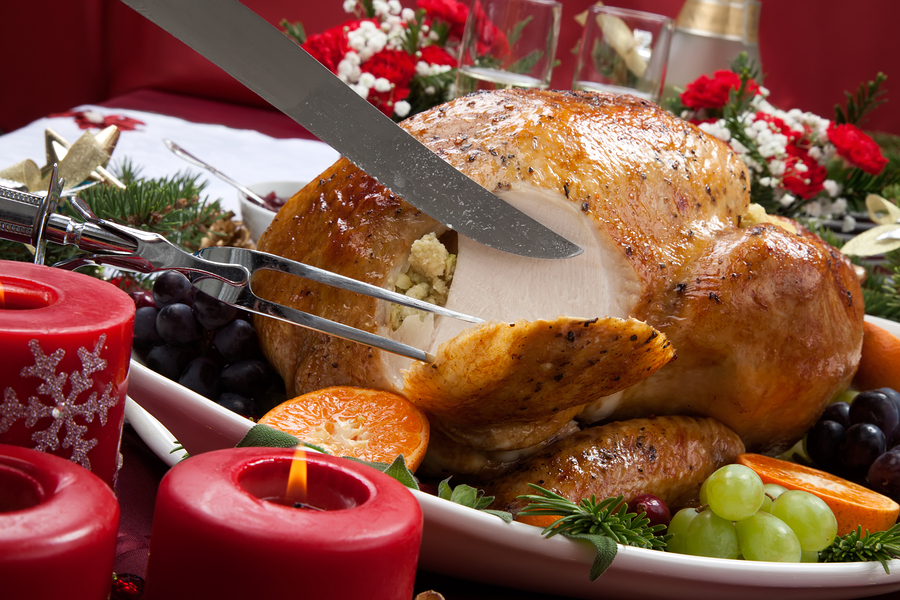- Make It Yourself Lavender Heart-Shaped Bath Bombs!
- 20 Things You Never Knew About “Down There”
- 12 Best Foods For Those Suffering From Arthritis Pain
- 12 Personal Hygiene Mistakes Almost Everyone Makes (Mom Never Told You About #4!)
- 15 Medicinal Plants And Herbs From The Cherokee People
- 12 Mind-Blowing Benefits Of Drinking Coconut Water During Pregnancy
- 12 Outstanding Winter Foods That Won’t Fatten You Up Like A Christmas Turkey
Turkey Safety Tips For The Holidays

Photo credit: bigstock.com
Everyone looks forward to huge, delicious meals during the holiday season. Blazing pudding, sweet potatoes, stuffing, pies, and big, juicy turkeys are as enticing as any gifts that may appear under the Christmas tree. But with so many ingredients, there are a lot of different steps in the meal preparation process where something can go wrong. Nothing puts a damper on a Christmas dinner like food poisoning. Luckily, by following some simple precautions, you can protect yourself and your loved ones this holiday season and ensure happy (and tasty) memories for everyone attending.
1. Poultry safety
Let’s talk turkey. These are large birds with a lot of meat on their bones, making them by far the most popular poultry choice for many holiday meals. It is important, however, to follower proper precautions when preparing them, because this is where most cases of food poisoning in holiday meals originate.
2. Is the turkey fresh or frozen?
If it’s the former, you can skip ahead, but if you’re dealing with a frozen turkey, there are some specific steps you need to follow. Many people opt for a frozen turkey for convenience, and it certainly does offer this, since you have the option of saving it for a long time. However, this can quickly become an inconvenience if you do not give yourself enough time to thaw the turkey.
A large frozen turkey can take nearly 48 hours to fully thaw, so plan in advance when to take it out of the freezer to make sure it will be ready to cook in time. It is also very important that you thaw it in the proper way. Remove the turkey from the freezer and allow it to thaw in the refrigerator. Allow around 10 to 12 hours per kilogram (roughly 5 to 5 and three-quarters hours per pound) for the bird to thaw inside a refrigerator set to 39 degrees Fahrenheit (4 degrees Celsius). In a cool room, defined as below 64 degrees Fahrenheit (17.5 degrees Celsius), allow 3 to 4 hours per kilogram. At room temperature, or 68 degrees Fahrenheit (20 degrees Celsius), plan for around 2 hours per kilogram.
Continue to Page 2
































